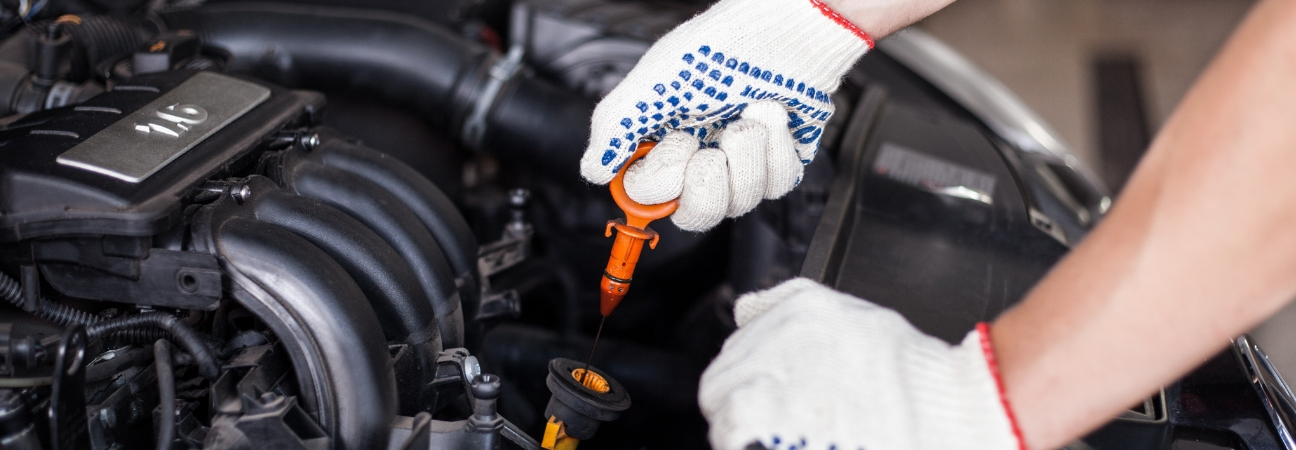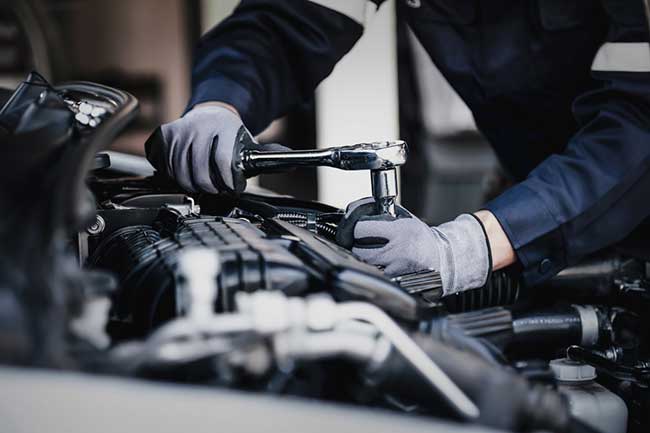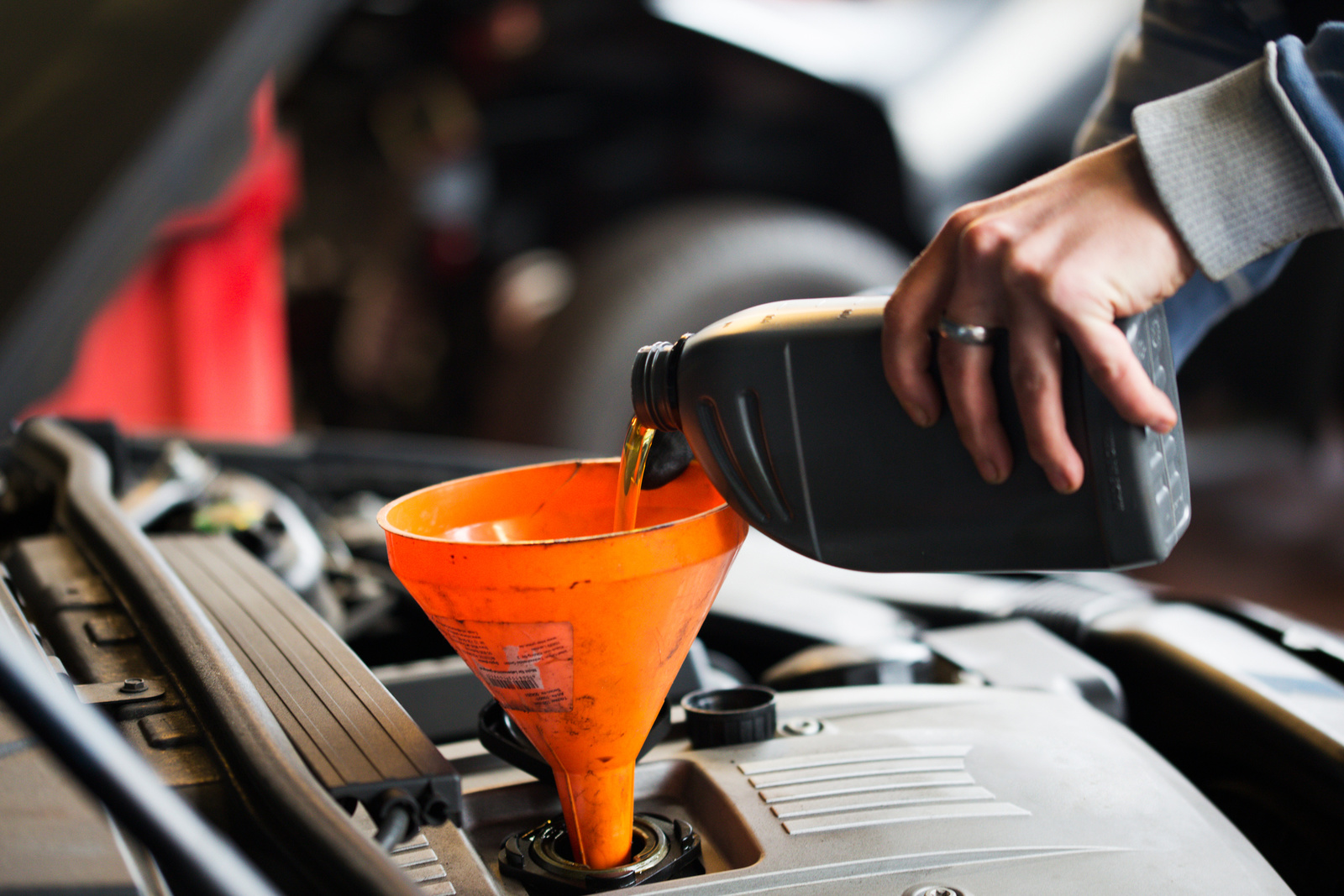All Categories
Featured

An automobile battery is important for starting your car and powering electric systems like lights, radios, and climate controls. By adhering to some basic upkeep techniques, you can expand the life of your automobile battery and keep your car running efficiently.
- Maintain the Battery Terminals Tidy. One of the leading causes of battery failure is deterioration around the terminals. Rust can produce a barrier that stops the battery from appropriately releasing and billing, decreasing its life-span.
- Drive Frequently and Avoid Short Journeys. The generator recharges the battery when you drive your cars and truck. Brief journeys do not permit the alternator enough time to totally reenergize the battery. If you regularly drive brief ranges, your battery may not obtain a full fee, which can result in a weak battery over time. Ideally, objective for longer drives, as this will certainly provide the battery enough time to recharge. Consider taking periodic longer drives to guarantee the battery stays effectively charged. if brief trips are inescapable.
- When Not in Usage, transform Off Electrical Devices. Electrical elements like your car's radio, air conditioning, and indoor lights attract power from the battery. If you leave them on while the engine is off, you could drain the battery faster than it can charge.
- Park in a Cool, Dry Area. Temperature extremes-- especially severe warm-- can lower an automobile battery's lifespan. Heat causes the liquid inside the battery to vaporize, which can cause interior damage and reduced battery life. Cold temperature levels can additionally reduce the battery's efficiency and make it harder for the engine to start. Try to park your vehicle in a garage or a shaded location to safeguard it from these temperature extremes. Utilize a battery cover to further guard the battery from environmental conditions. if feasible.
- Look for Leakages or Damages. Leakages or fractures in the battery covering can result in fluid leakages, which can harm the battery and other components of the vehicle. It's essential to change the battery quickly if you discover any type of leak or physical damages to your battery. A dripping battery might additionally trigger deterioration around the terminals, which will further degrade the battery's performance.

- Routinely Test Your Battery's Health. With time, all auto batteries lose their capability to hold a charge as they age. The majority of car fixing shops offer totally free battery testing, which can assist you determine prospective problems early. When the battery is compromising, many modern-day cars also come geared up with a battery surveillance system that supplies informs. If your battery is showing indicators of trouble, such as sluggish begins or dimming lights, it's a great idea to get it examined and take into consideration replacing it prior to it fails entirely.
- Utilize a Battery Maintainer for Extended Periods of Lack Of Exercise. If you don't drive your cars and truck frequently, such as throughout the cold weather or while traveling, your battery can drain in time. To avoid this, use a battery maintainer (also called a trickle charger), which maintains your battery at an ideal cost degree when the automobile isn't in usage. A battery maintainer is specifically useful for cars and trucks that are saved for extended periods, as it protects against the battery from discharging completely.

- When Needed, replace the Battery. Also with proper maintenance, all car batteries at some point get to the end of their lifespan. Commonly, a vehicle battery lasts in between 3 to 5 years, depending on the climate and driving problems.
Conclusion. Maintaining your car battery is a straightforward yet effective means to make sure that your vehicle stays reputable and does at its finest. Routinely cleaning the terminals, limiting making use of electrical devices, vehicle parking in a temperature-controlled setting, and checking the battery's wellness are key steps to maintaining your battery in leading form. By complying with these finest techniques, you can optimize the life-span of your vehicle battery, prevent unexpected failures, and save money on substitutes in the long run.
Latest Posts
Unlock WyHy Federal Credit Union – Key Advantages for Your Money Goals
Published May 24, 25
1 min read
Explore WyHy FCU – Top Benefits for Your Success
Published May 22, 25
1 min read
Shield and Improve Your Home with Weathercraft's Exterior siding Solutions
Published May 21, 25
1 min read
More
Latest Posts
Unlock WyHy Federal Credit Union – Key Advantages for Your Money Goals
Published May 24, 25
1 min read
Explore WyHy FCU – Top Benefits for Your Success
Published May 22, 25
1 min read
Shield and Improve Your Home with Weathercraft's Exterior siding Solutions
Published May 21, 25
1 min read